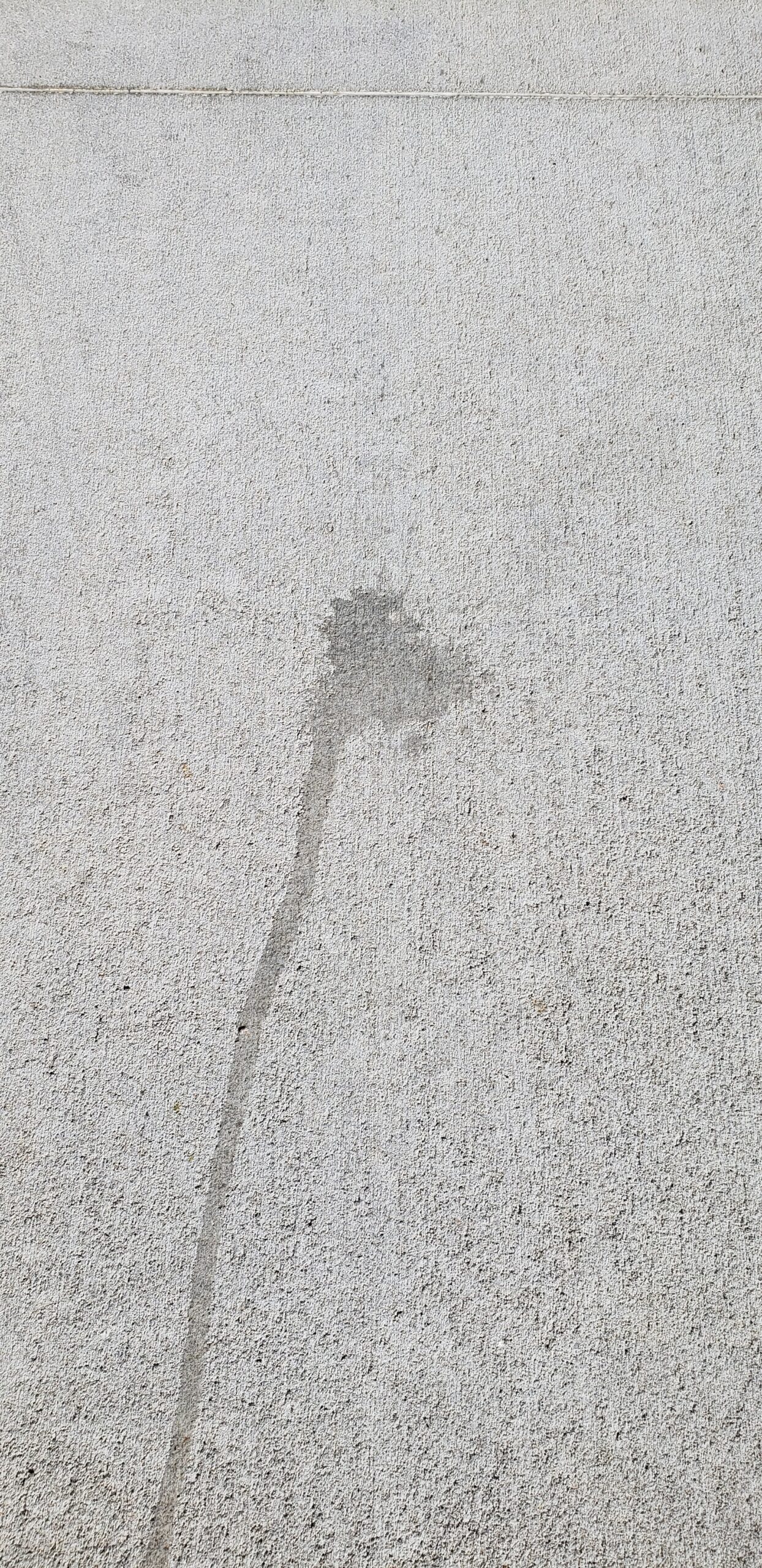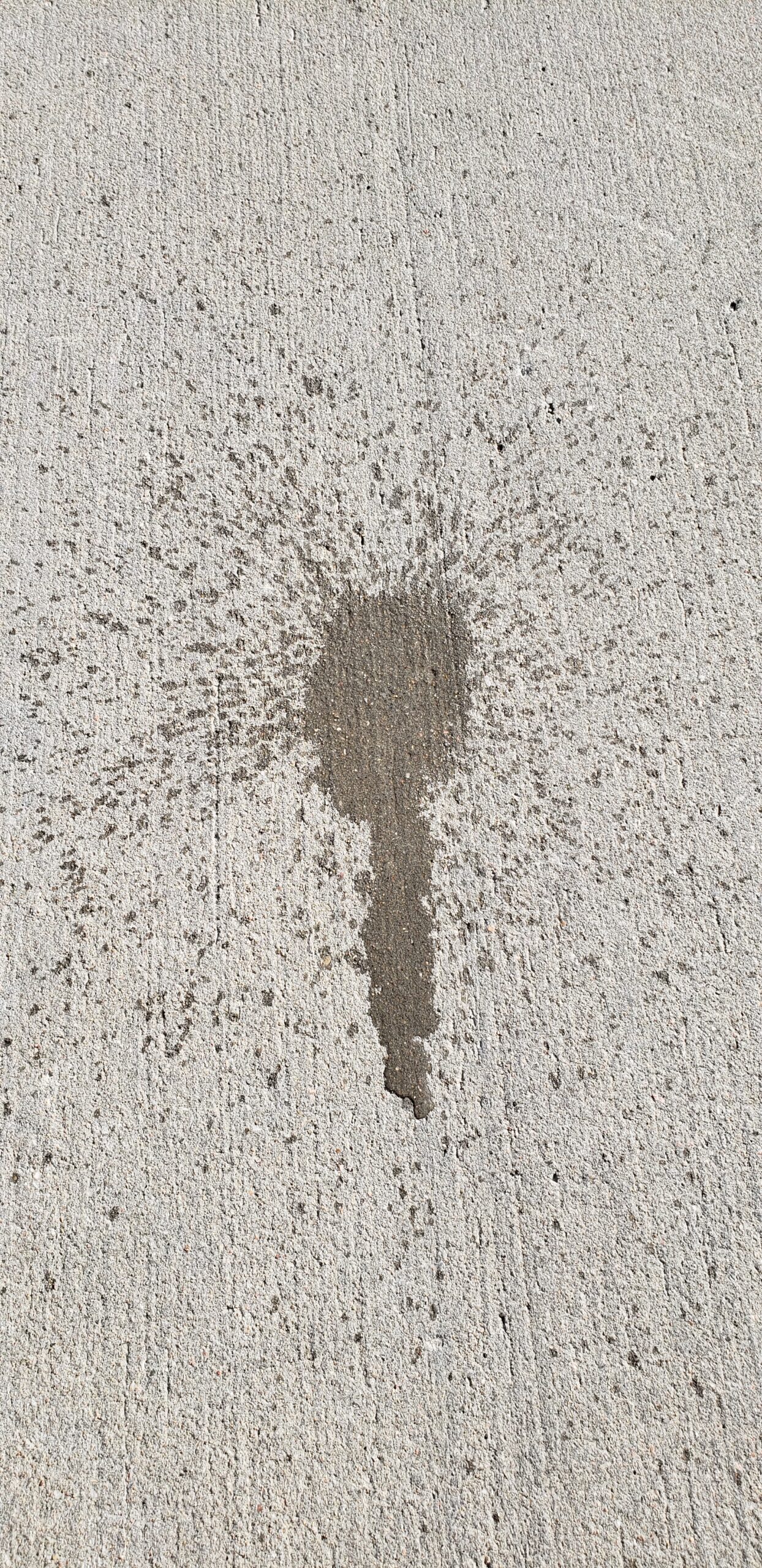Sealers
Benefits of Concrete Sealing
Applying some type of concrete sealer is beneficial for all types of surfaces whether it is your driveway, a covered outdoor patio area, sidewalk, walk path to your home or pad.Here are a few reasons why it's advantageous to seal concrete:
Concrete surfaces may experience damage due to various factors such as the conditions it's poured under, settlement, shrinkage, overload, among others. However, a sealer can protect your concrete surface from these factors as well as other elements that can further contribute to damage. Elements such as oil, chemicals, salt, grease, weather exposure, UV rays, and moisture can all negatively affect concrete surfaces. In the winter, for instance, water that seeps below the surface of the concrete and freezes can cause it to crack and separate. Sealing the surface prevents moisture and other elements from penetrating below the surface and causing damage to your concrete surface.
As a porous material, concrete tends to absorb moisture, which, if left to stagnate, can trigger mildew and mold growth, indicated by a greenish tinge. Sealing your concrete can hinder moisture from penetrating the surface, consequently inhibiting the formation of mold and mildew.
Concrete is typically a durable and long-lasting material, and a concrete driveway can last up to 25-30 years, barring any damage. However, if it becomes damaged, it may need to be replaced sooner than expected. By sealing your concrete, you not only ensure its protection but also increase its longevity. It's worth noting that compared to the cost of replacing concrete, sealing is an inexpensive process, making it a valuable investment for a long-lasting concrete floor, patio, slab, or driveway.
Concrete doesn't have the most impressive appearance. Initially, it has a rough texture, and with time, it may become discolored, appearing old and dingy.
However, applying a sealer can improve the overall appearance of concrete. In most cases, sealers retain the new look of concrete while also smoothing and preserving its color. If you're planning to stain your concrete surface, have an indoor concrete surface where you and your family will be walking barefoot, or have furniture placed on your concrete surface that you'd prefer not to get scuffed up, sealing is a great option.
Concrete is susceptible to premature failure when exposed to harsh outdoor elements, oil, chemicals, grease, salt, and other substances. Sunlight can also cause oxidation and accelerate the aging of concrete. In colder climates, moisture can penetrate the concrete and repeatedly freeze and thaw, leading to shifting, cracking, heaving, or buckling.
Untreated concrete can also develop mold and mildew. However, sealing the concrete can prevent these negative consequences and maintain a beautiful, durable surface for years to come.


